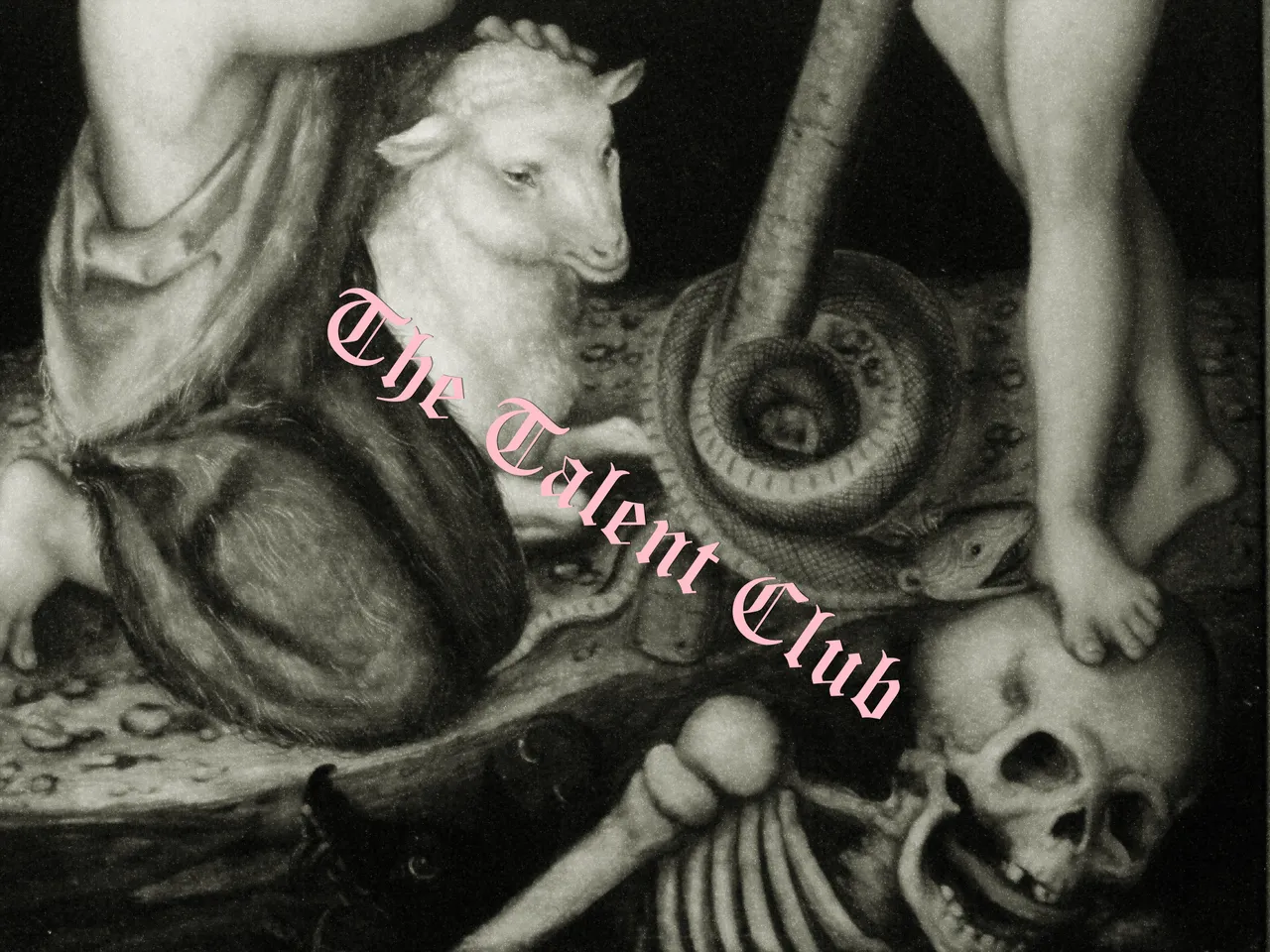The Cinema and Literature are an excellent hemeroteca, metaphorically speaking, where to find situations -or if you prefer, parallelisms- related to the hidden teaching that can be intuited beyond that, in appearance, simple set of attractive prints, that in the background many people consider are the cards that make up the Tarot deck.
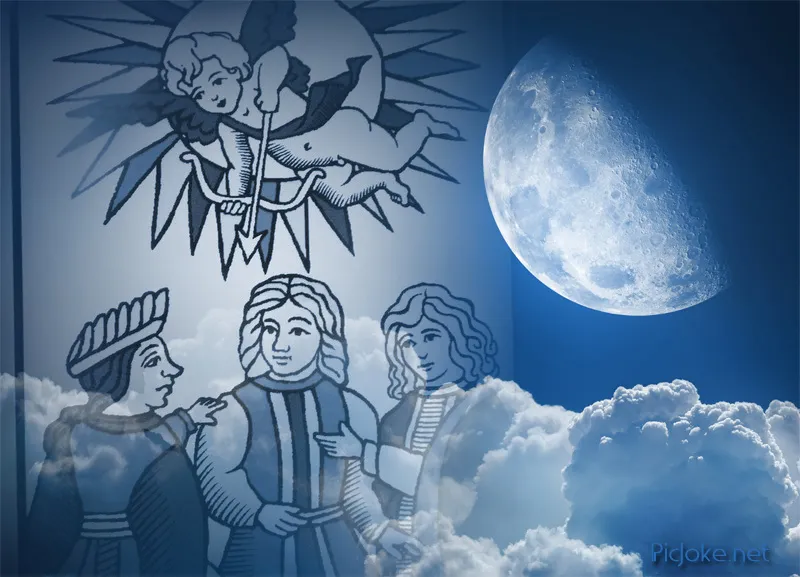
One of the Major Arcana that provokes more sighs, possibly motivated by that strong emotional charge, which to a greater or lesser extent, reaches all of us at some particular moment in our lives, is none other than that which is vulgarly known as' the Lovers', but whose name, apparently, was originally that of 'the Two Ways'.
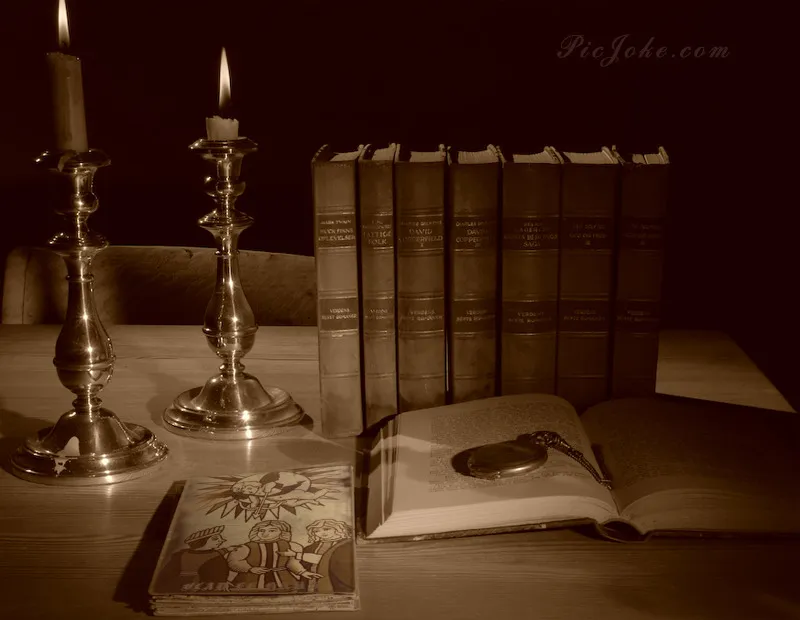
Regardless of whether or not Waltari had knowledge, however rudimentary, about this fascinating universe contained in some cards of mysterious origin and purpose, the truth is that the story of Sinuhé fits perfectly with the symbolic considerations added to this Major Arcana. , which corresponds, numerologically speaking, with the number six. Perhaps he will add more interest, to know that the story unfolds in a fascinating period of Ancient Egypt, during the convulsive end of a Dynasty, the XVIII, which bequeathed to rulers legend, some of whom - the young Tuthankhamón - fired the alarms of modern archeology, not only for the delicacy and magnificence of its mortuary mask and the fabulous treasures found in its tomb, but also, because it brought up one of the topics that has given more to speak from the twenties of the last century: the supposed curse of the pharaohs.
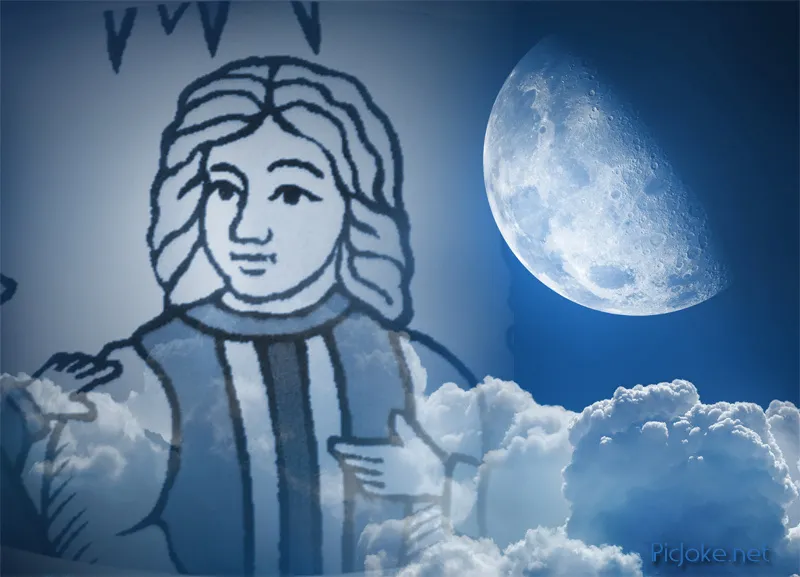
At this point, it would be good to start our imagination and watching the card that is presented to us, try to see in that troubled little man who remains undecided in the middle of two women, our protagonist, Sinuhé. Ignore, if you want, the rest of the letter and instead, imagine that in front of you an extraordinary scenario opens up. They have retreated two thousand years in time and now they are in a splendid city; a city that has magnificent palaces, with long avenues flanked by magnificent columns and sansonic obelisks, where there are also impressive statues that reproduce a fantastic pantheon of gods with human body and animal head. There are also markets, with stalls full of color that offer a multitude of merchandise, including the rich and fragrant spices from distant countries of the exotic East. And imagine, farther away, slums nearby, more humble, with simple adobe huts, and already put to imagine, think of more humble neighborhoods still, nestled in the outskirts, caressing the desert wastelands, where the Hebrew slaves suffer contemplatively his captivity, celebrating the Sabbath in the deepest recesses of his tabernacles, while the Egyptian engineers strive to plan lavish pyramids. And there is also a port, where the waters of the Nile, fertile as the tears of Isis, caress the jetties with whispers of immortality and great celebrations when, apart from the Jubilee celebrations of the Pharaoh, every fifteen or twenty years the expeditions return of the mysterious country of Punt, with the bodegas full of treasures and a sailor eager to tell a thousand and one stories and adventures in the shady taverns of the port.
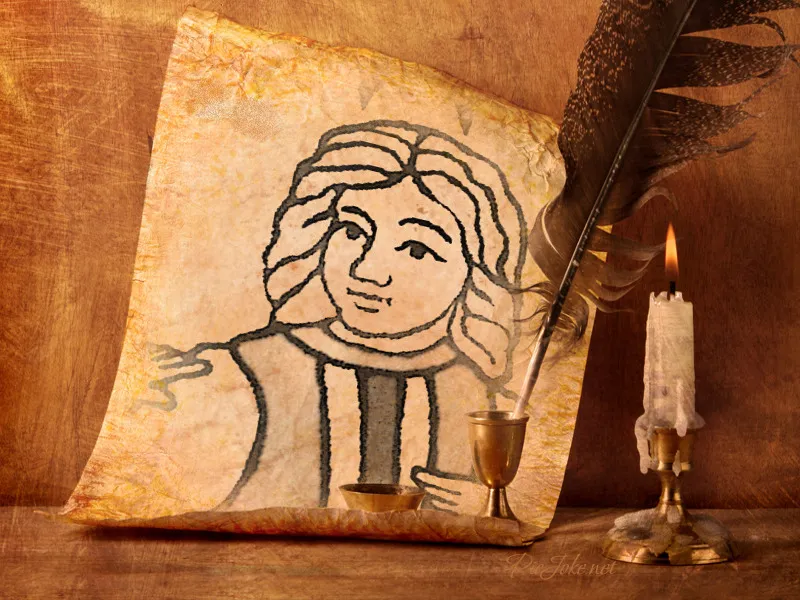
But far from appearing such an idyllic setting, in the environment there are storm clouds. The priests of the almighty and unknowable god Amun are in turmoil. The new sovereign, Amenhotep IV, better known as Akhenaten, has committed a serious heresy by proclaiming Aton, the Sun God - possibly Sol Invictus himself who centuries later appeared to Constantine in the form of a cross and the phrase in hoc signo vinces (with this sign you will win), the eve of his battle against Magencio in Puente Milvio - as the only and true god, pretending that his cult becomes the official state religion.
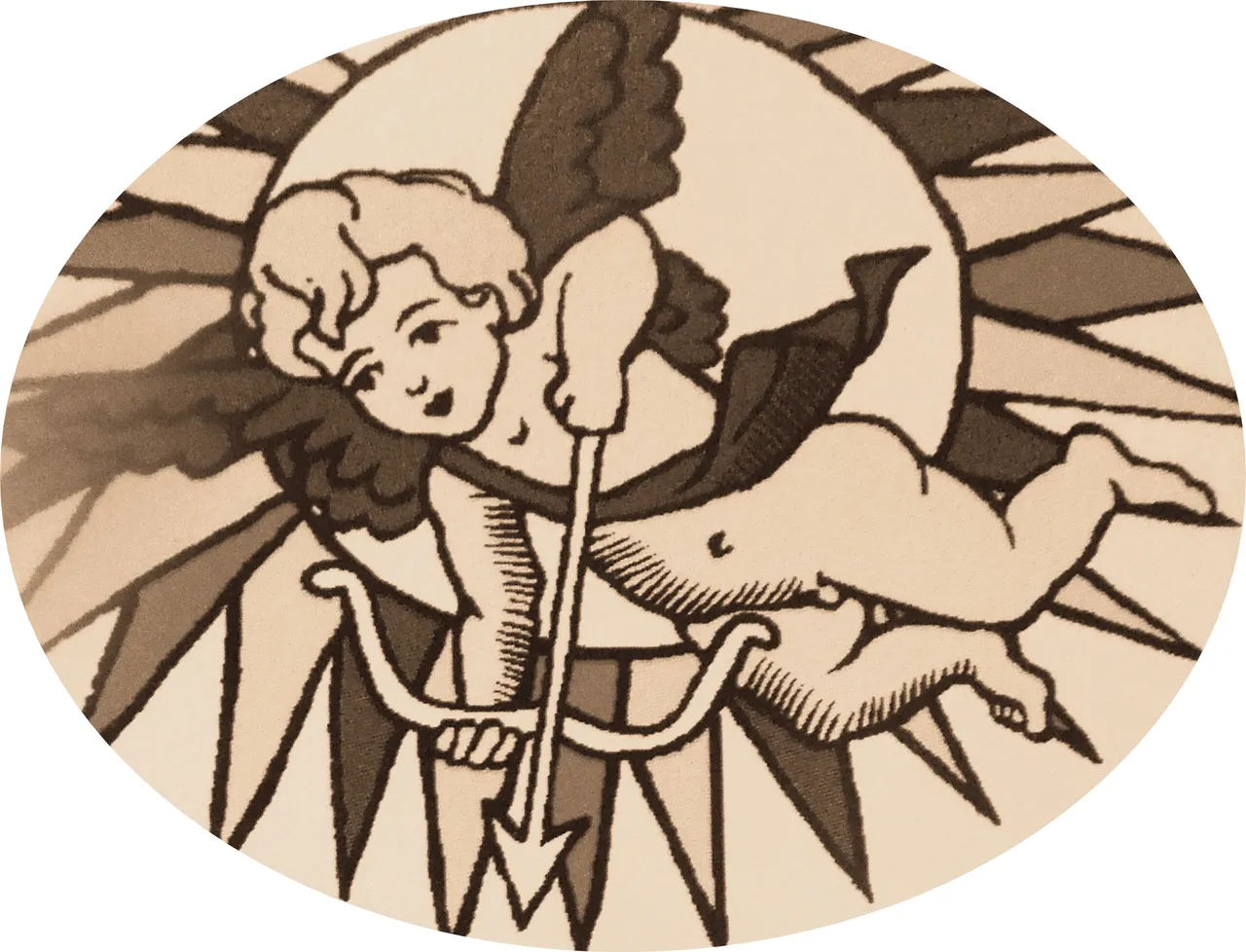
Currently, as it can be today, Sinuhé belongs to that humble neighborhood that is far from the palaces and residential neighborhoods and thanks to the efforts of his parents - whose only ambitions in life, were that his son became a doctor eminent and they will not lack a humble grave or abode of the Hereafter- and that malicious fatum or destiny, which makes its way intersect with that of the ambitious General Horemheb -which later, usurps the title of Pharaoh- our man undertakes a brilliant career in the Court. He forgets his parents, who die having lost their options to acquire an eternal abode; he forgets, too, that simple girl who drank the winds for him and who would have been the perfect wife and lets himself be swept away by success and pleasure, in the arms of a voluptuous courtesan. He was wrong: he loses everything, and in doing so, commiseration and absolute ruin seize him and with bitterness, he understands that he made a bad choice.
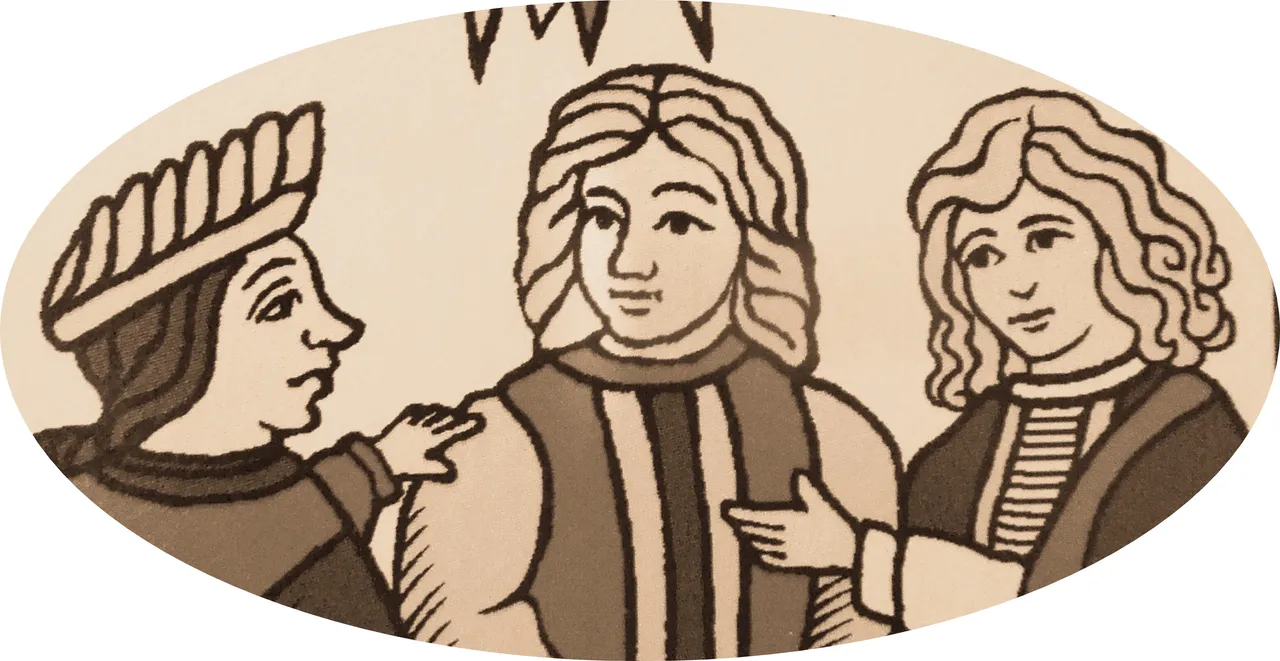
This is, after all, the best moral that this Arcanum can offer us: success or failure - not only referring to affective life - will depend exclusively on the righteousness with which we make our choices. But that, too, is a vital lesson, which tells us that nothing in this life is given away and that in order to grow and develop as people, we will have to strip ourselves of our vain selfishness, of our own futility, accepting the consequences of our decisions.
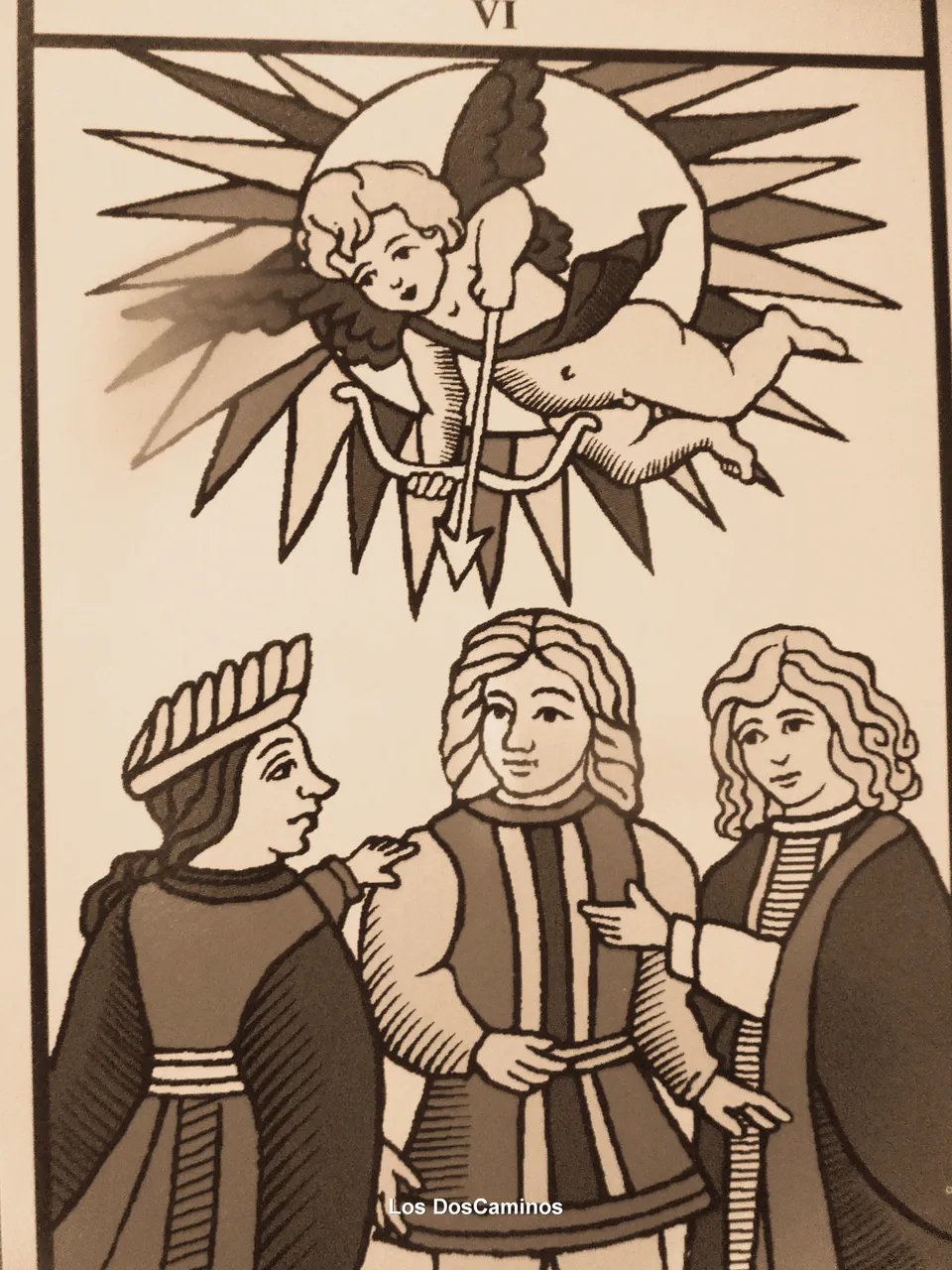
Triumphs and failures, as Petrarch called his poem, which some authors assume derives the symbolism of these fascinating cards, are, in short, that salt and pepper, which must determine the most widespread aspects of our existence.
If you liked what you have read, I invite you to know the world of: @ juancar347
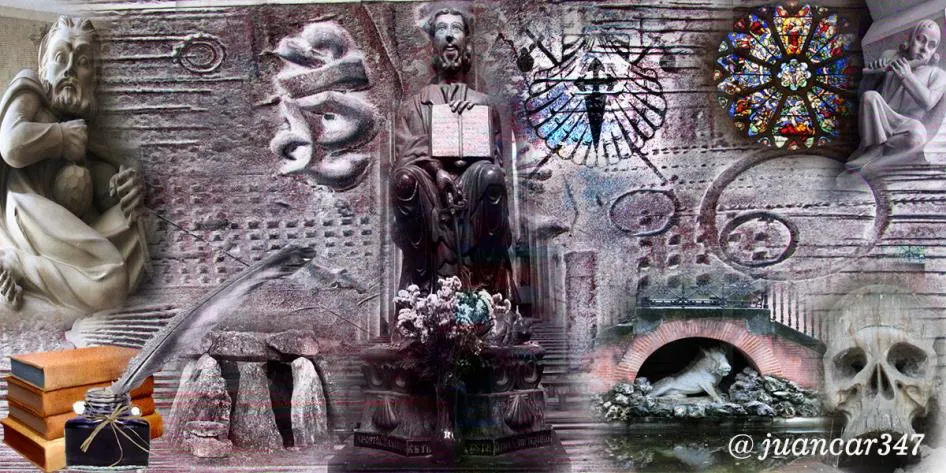
designed by: @txatxy
